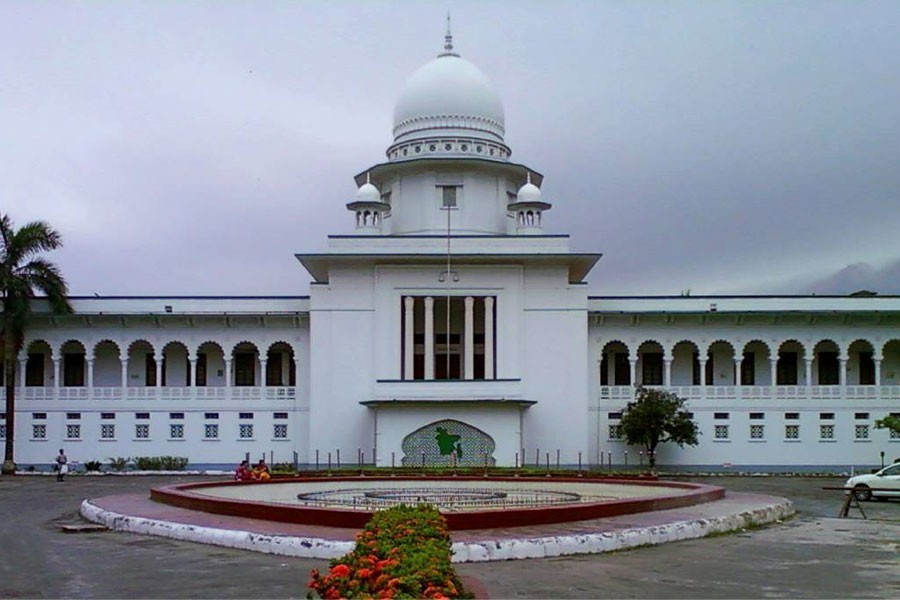
Published :
Updated :

Strangely there is no reliable information on the number of foreign nationals residing and working in Bangladesh -- with or without work permit. The issue has surfaced time and again and the reason why it deserves to be looked into seriously is the public perception that a large number of them are hired by private firms and industrial enterprises ignoring rules applicable to employment of foreigners. Lately, the High court has issued a directive to relevant government agencies wanting to know the number of foreigners in business or work in the country, along with information whether they carry valid work permit, pay taxes or not. The HC directive came in response to a writ petition terming the inaction of relevant government agencies responsible for illegal employment and businesses run by foreigners in the country. The disturbing thing about the matter is that in the absence of data maintained by the relevant government agencies including the Bangladesh Investment Development Authority (BIDA) -- entrusted to issue work permit to foreign nationals, it is the HC directive that has finally been resorted to as the ultimate tool to make things happen.
Different NGOs have estimated that the number of foreign nationals in the country might be around half a million. According to media sources, a good number of foreign professionals are employed in the country's apparel, textile, buying house, telecommunication, information technology, poultry and poultry feed sectors -- most of them without government permission. A study conducted in this regard by the Centre of Excellence for Bangladesh Apparel Industry titled 'Employment of Expatriates and its Alternatives in the RMG Sector of Bangladesh' in collaboration with the Faculty of Business Studies of Dhaka University, says some five hundred thousand foreigners are working in Bangladesh and only one-fifth of them are registered with the BIDA, BEPZA and NGO Affairs Bureau.
Bangladesh does need skilled workers in certain sectors including garment and high-tech manufacturing. But except few instances, a large majority of the foreign workers including mid-level supervisors and managers reportedly get employed without legal documents. Concerned authorities, including the immigration department, haven't done anything noticeable to ensure that only authorised persons were employed. It is also often alleged that taking advantage of the laxity or no vigilance of the authorities, a large number of unauthorised people are currently engaged in private hospitals, even elementary schools. Not all of them overstay, they go back and enter with fresh visas to continue with what they were doing. Their employers, for the most part, are the main facilitators in their illegal activities.
Now that the HC has passed the order, it is expected that the relevant agencies would move in a coordinated manner and a comprehensive database would be prepared including all details of foreign nationals. The HC directive must be seen as a strong wake-up call for all agencies to ensure that no unauthorised foreigners were hired by local firms by way of implementing punitive measures for the violators.


 For all latest news, follow The Financial Express Google News channel.
For all latest news, follow The Financial Express Google News channel.